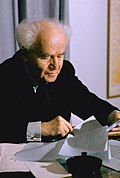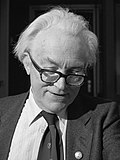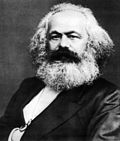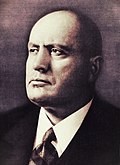There have been many atheists who have participated in politics or law. This is a list of atheists in politics and law. Living persons in this list are people whose atheism is relevant to their notable activities or public life, and who have publicly identified themselves as atheists.
Contents
- Africa
- Asia
- Afghanistan
- Cambodia
- China
- India
- Japan
- Middle East
- Mongolia
- North Korea
- Vietnam/North Vietnam
- Oceania
- Australia
- New Zealand
- Europe with Russia/USSR
- Albania
- Belgium
- Czech Republic
- Denmark
- Finland
- France
- Germany
- Greece
- Ireland
- Italy
- The Netherlands
- Poland
- Portugal
- Romania
- Russia/Soviet Union
- Spain
- Sweden
- Turkey
- United Kingdom
- Other in Europe
- North America
- Canada
- Costa Rica
- Cuba
- Mexico
- United States
- South America
- Argentina
- Guyana
- Paraguay
- Uruguay
- Notes and references
































